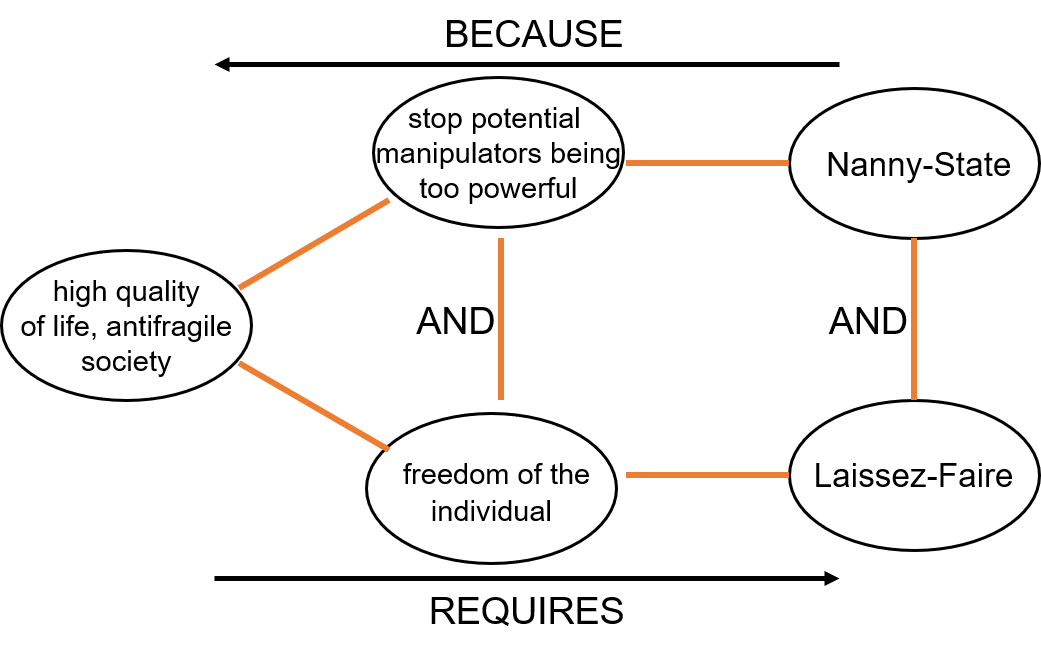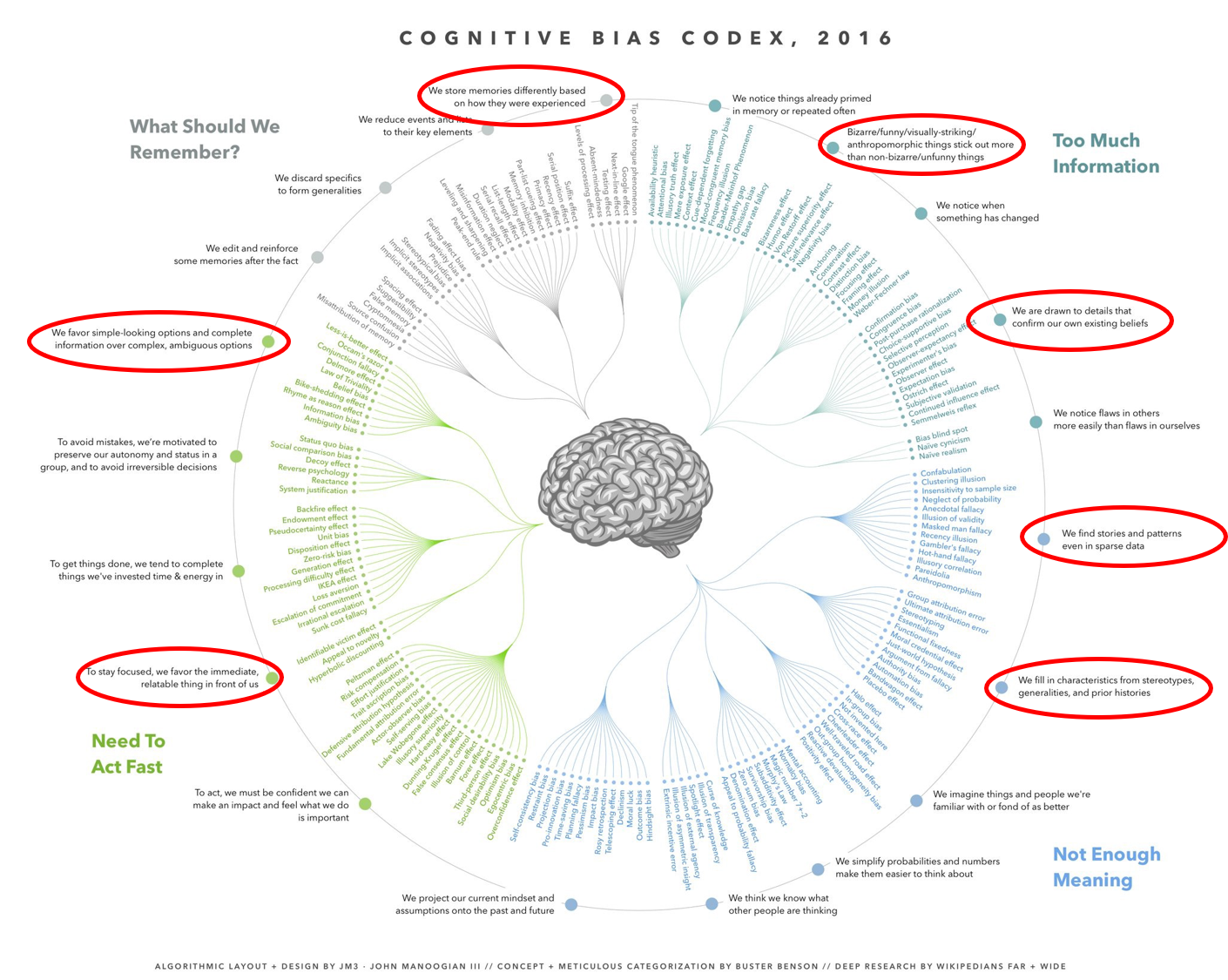Generally speaking, given the choice between defending the Snowflake Brigade or the ‘Man-Up’ Army, I tend to veer in the latter direction. Mainly, I think thanks to my exposure to the first of the Generation Z apprentices we’re being asked to train by some of our clients. I’ve never met a cohort of people so ill-equipped to handle the everyday stresses of getting out of bed and arriving at work on time. No longer is it possible to set exercises like, ‘find a problem you’d like to work on and use the tools…’ because no-one seems to understand the concept of ‘problem’. Which I take to mean that, should anything out of the ordinary have happened to this cottonwool-wrapped generation, helicopter-mom or bulldozer-dad will have stepped in and fixed things at the first flickerings of anxiety. I suspect this doesn’t bode well for the future.
I’m not sure it is connected, but, for the first time in my life, recently I’ve found myself starting sentences with the words, ‘in my day…’. Which I suspect also doesn’t bode well for the future.
In my day… work was pretty much sink-or-swim. I was given big scary jobs and told to get on with it. I think I’m a better person as a result. Apart from the tendency I now have to be something less than patient when it comes to encounters with people that have had a smooth pathway mapped out for them wherever they go.
I know, too, that this occasional impatience is also unfair. The world is a more turbulent, faster changing, more complex world to the one I was expected to learn to swim in back in the late 1970s. Its very easy for all of us to feel overwhelmed. Ten minutes watching the News these days will usually do the job. I get it.
What I also get is that any kind of too-hard-too-soft Snowflake-versus-Superhero debate is also the wrong question. It’s a contradiction, dummy. Should society be laissez-faire or ‘Nanny-state’? It should be neither. And both:

That said, I’m also increasingly conscious of the fact that these kinds of over-protect/under-protect contradiction occur in a world that is now fundamentally different to the one that existed five or ten year ago. It used to be a fair fight. Now it isn’t. It used to be snowflake-versus-snowflake. Now its snowflake-versus-The-Magnificent-Seven.
There are several ways of interpreting who this Magnificent Seven is. Per one of my presentations earlier this year, one of the interpretations is that they are Google, Amazon, Facebook, Microsoft, Tencent, Baidu and AliBaba. The industrial mastadons that increasingly own all of the world’s data. The giants that know more about us than we do. And, for the most part, are more than happy to sell what they know about us to anyone anywhere with a desire to sell their stuff to us. Against this kind of foe, Johnny Snowflake stands essentially zero chance of success. Johnny Snowflake is going to buy whatever the Magnificent Seven tells her to buy.
Take food. The ‘Man-Up’ brigade, acting on behalf of the supermarkets, fast-food restaurants and big-data analysts from the Magnificent Seven, tell us that we’re free to choose not to super-size our order. But at the same time, they know we’re increasingly powerless to resist. The marketing psychologists know precisely – for every one of us – which buttons to press to ensure that more often than not we find ourselves acting against our own best interests and instead acting in theirs. In this context, there is no ‘free-will’ anymore. We’re puppets. We can’t see the strings, but they’re there, tugging and yanking our catalogue of quirks, biases and weak spots. Even though we’re continually being told we’re not, we’re actually all snowflakes now.
Another way of defining the Magnificent Seven we snowflakes have to battle against is in the context of the technologies behind the Magnificent Seven enterprises: sensor technologies that increasingly measure everything there is to measure about us; surveillance systems that mean we’re always on camera; the micro-niching technologies that allow advertisers to laser-guide their campaigns onto the most vulnerable; digital-design technologies that allow them to perform thousands of invisible experiments to optimize how to manipulate individual users; meta-data analysis algorithms that assemble our big-picture, no-hiding profiles; the commercial technologies that automatically connect these profiles to the next provider looking to extract their share of revenue from us; and finally – the coup de grace – the self-learning algorithm technologies that continually allow the other six technologies to get progressively better and better at doing their job.
And then there’s a third way of thinking about who the Magnificent Seven are. Take matters down to first principles, and it looks like there are seven critical cognitive biases every individual on the planet that the Magnificent Seven organisations are able to use the most easily to work out who we are and to make us vulnerable to exploitation:

Like I said, this is no longer a fair fight. The snowflake increasingly has no chance. The contradiction needs to be solved. We need citizens that are able to stand on their own two feet and live a meaningful life. And the only way this can begin to happen is they know when and how third parties are trying to manipulate them. And then know what they can do to call foul and fight back. In the short term, society might have to manage the contradiction through legislation. The Magnificent Seven will no doubt argue that all they’re doing is serving their customers and trying to serve them better than competitors. That’s what capitalism is all about: the person that serve the customer best wins. But capitalism, crucially, doesn’t understand the word ‘enough’. And that’s where legislations comes in. As a temporary scaffold that sticks around just long enough for the snowflakes to work out how to get the systems we rely on to serve our needs act in our long-term interests rather than serving our short-term limbic-driven whims.
Settle in, this one looks like its going to be a tough, long-haul battle.
